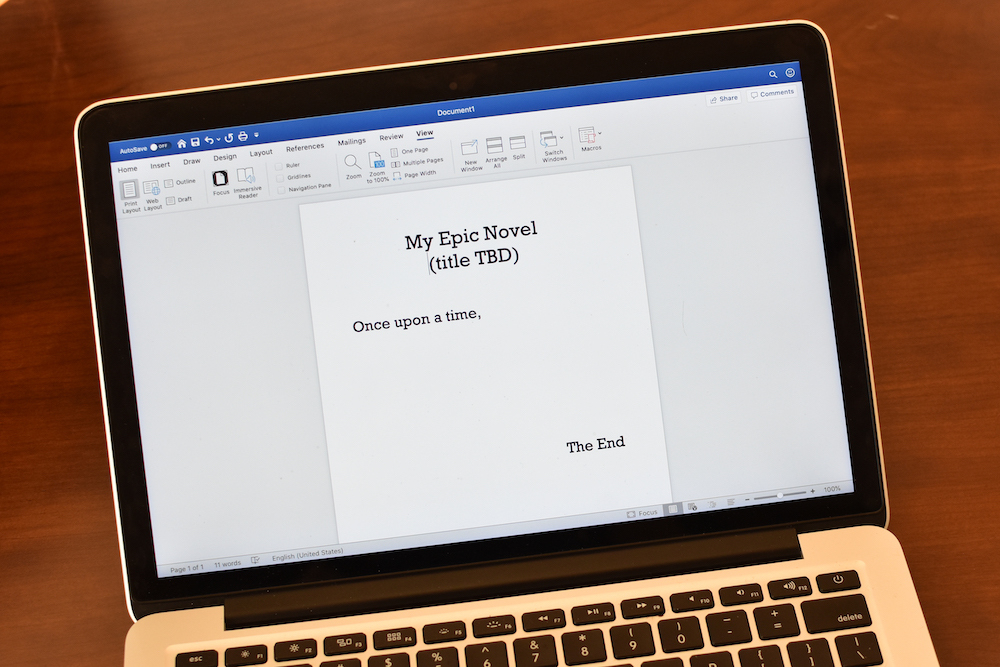In his novel A Moveable Feast, Ernest Hemingway offers some “helpful” advice to overcome writer’s block. “All you have to do,” he says, “is write one true sentence.” Well, if it were always so easy to write one true sentence, then we would not need his advice in the first place.
We all experience writer’s block from time to time. It might be a novel. It might be a technical report. It might be a research paper. Maybe you are tired. Maybe you are uninspired. Maybe you are lacking confidence. Whatever the project and whatever the reason, you just can’t get the first few words down on paper.
When this happens to me, I try to remember some sage advice from three fabulous authors not named Hemingway. Here is what they have to say:
Think first, then write. Pulitzer Prize–winning author Robert Caro spends years researching and writing his books. In Working, he explains that he writes quickly but “it’s the research that takes the time.” We mere mortal authors don’t have years to devote to research before we start writing. Nonetheless, when I’m struggling to get started, it’s often because I have not thought enough about what I want to write. If I stop trying to write and go do more research or just go spend time thinking (best done on my bike, of course), I find that themes and ideas begin to form in my head and the writing begins to flow.
Write the first draft for yourself. Other times, I struggle because I’m worrying about who will read what I’m writing and what they will think about it. Stephen King, in On Writing, advises authors to write their first draft “with the study door closed.” In other words, he explains, write the first draft for yourself, not for whoever will read it. There’s time enough during the editing phase to worry about what others will think, but the first draft is just for you.
Be cheerful about that awful first draft. As I am writing, I find it easy to critique myself (This really stinks!) to the point of paralysis. Anne Lamott, in her book Bird by Bird, explains that my critique is likely accurate: it does stink. But, she says, we should embrace our “shitty first drafts” because “all good writers do them. This is how they end up with good second drafts and terrific third drafts.” Her advice is incredibly liberating. I am confident that my first draft will be really bad, so I might as well keep writing.
If I were to add my own helpful tip, it would be this: Every writing assignment is a creative writing assignment. Often what gets in the way of starting a writing project is worrying about meeting the rubric or the requirements. This is particularly true for technical reports or research papers. I tell myself to throw out the rules and just be creative. Eventually I will have to bring the manuscript into conformity with whatever rules are applicable, but the first draft is my own creative writing assignment with no rules other than the ones I choose.
I find that if I follow these bits of advice, I typically end up with a collection of words on paper. It might not be a terribly good collection of words. It might not have even one true sentence. But it is a first draft that maybe, just maybe, has the potential to go from shitty to good to terrific.

